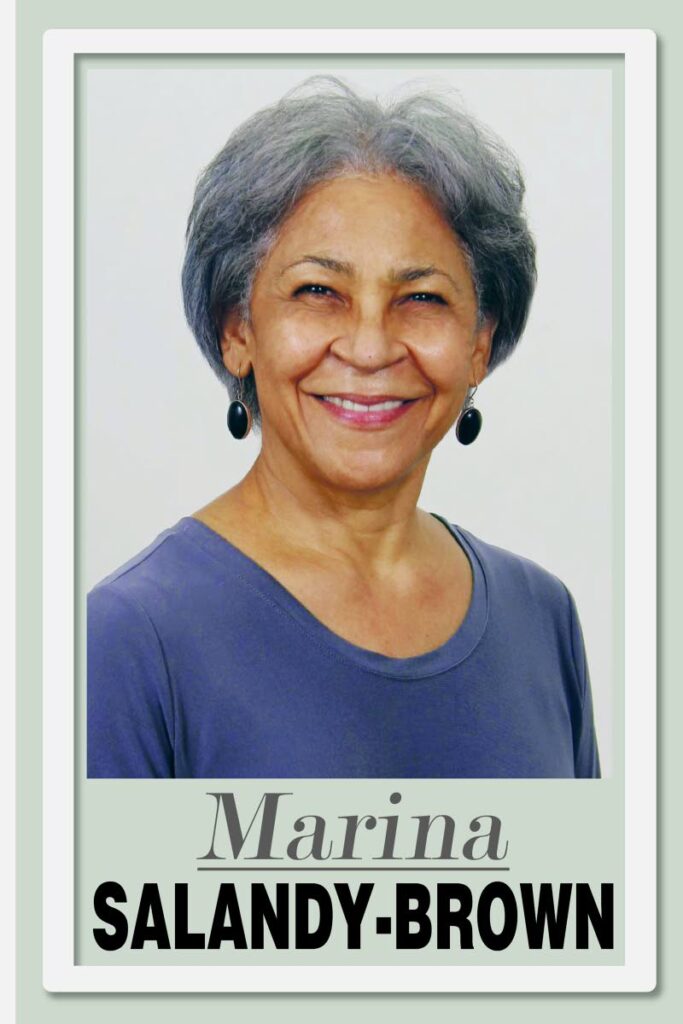Jam today, no tomorrow

During a general dinner conversation recently someone commented that people should not expect the government to do everything, that citizens have a keen role to play. It’s a perfectly correct point of view but we should consider the prevailing factors in TT that might enable and disable people from being active citizens.
Many words and ideas immediately come to mind: entrepreneurship, innovation, education, experience, imagination, creativity, knowledge, opportunity, finance, infrastructure, agency, work ethic, leadership, governance, outmoded systems, unreconstructed public service, race politics, lack of shared vision, middle class in transition, shift in societal power dynamics, corruption, short termism. Let’s focus on just one – agency, and what our care-free, subsidised lifestyle does to the citizen.
It would be hard to argue that any other national of any other country enjoys a more cushy lifestyle than we do in TT. Not only are we patronised, we also enjoy freedoms many other countries’ citizens could only dream of. Gulf States, much energy richer than us, may subsidise their people’s living more but the price is having to endure severe restrictions on behaviour and self expression. And in poorer Arab countries, eg Egypt, the people may buy bread more cheaply but it is mainly what many of them have to eat.
We Trinbagonians pay few taxes and the standard rate income tax is quite low for high earners and commerce, compared to elsewhere. In addition, we escape road, sales and local government taxes, death duties, taxes on personal wealth (property, pensions and savings). We are also educated free of charge from primary to tertiary level, enjoy free medical services and essential drugs, subsidised petrol, travel and electricity, early retirement age (the rest of the world has moved to 65 or 67) and more. Furthermore, children and students, the unemployed and under-employed, the incarcerated, the many in the informal economy and the aged pay no taxes. The TT tax net has also been so narrow that many adults have never qualified for taxes. The many gardeners and housekeepers, handymen, market vendors, itinerant traders and service providers, “earnin’ a little someting” do so for their own benefit. They do not contribute to the national coffers and in that sense have no personal investment in the state. Maybe around half the population pays income taxes, and our tax system has been lax for so long that many people do not pay even when they should. We should consider what this actually means.
The spoon feeding deprives our people the chance of being responsible citizens by not allowing them to be paid up members of society. The humane response might be that we must care for the weakest in our society. But we have to be careful that we are not the cause of the weakness. Nobody turns down a helping hand but it may be misguided. Voting every few years is not democracy, it is passiveness unless people understand their duty as citizens does not end at the ballot box. Centralised government distances citizens from decision making and disempowers them, robbing them of agency and, at a very basic level, of their dignity, although it might not be apparent. The subsidies further alienate them and also make them unequal, since the same giving hand might question their entitlement.
The effect is dependency and a sense of hopelessness, since people feel unable to better their or their children’s lives and that is expressed in anger at themselves and their predicament, at others, authority, the state. I believe everyone needs a sense of possibility, but just like a child has little appreciation of how their parents manage to provide, so do adults who are disconnected from the state in every manner except as a recipient of its largesse. The rich enjoy the same ill-afforded wastefulness and may quarrel about the skylarking but know how to exploit it and the loopholes. Those at the other end of the scale become discouraged; in turn, they become more demanding. Add to the equation the breakdown in law and order that allows people to successfully take what they want without any effective comeback, such as squatting, illegal building and quarrying, fraud, etc and it is clear that we have created the conditions for chaos and we are sleepwalking deeper into it. The accumulation of such factors must render people inert and fatalistic.
The question remains, what happens when our golden goose dies? Our economy is not expanding quickly or diversely enough to prepare us for that eventuality. How do we cure our people of the “spoil chile” syndrome and give them the power to make things happen for themselves? We must think imaginatively and creatively about solutions, about how we convert passive citizens into active ones and support them by returning to them the power and responsibility for shaping a different future. Real local government, strengthening local organisations, the UWI, cross-party think tanks, all have a role to play in this regard and should fill the silent void with creative and intelligent noise about the future and climate change and the big challenges we face.


Comments
"Jam today, no tomorrow"